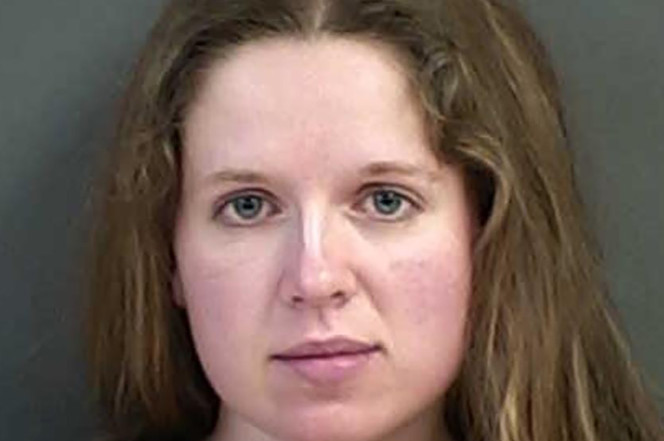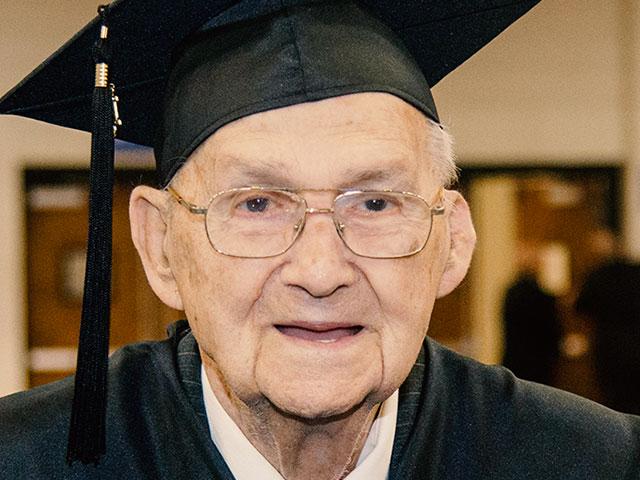 Under a proposal approved by a Constitution Revision Commission panel, Florida’s ban on state support for religious groups would be removed from the state constitution.
Under a proposal approved by a Constitution Revision Commission panel, Florida’s ban on state support for religious groups would be removed from the state constitution.
Currently, the state has a “no-aid” provision, which prohibits public funds to be used for any church religious group or sectarian institution. This no-aid provision dates back to 1885 and has been invoked in recent years over legal fights regarding using public funding to send students to private schools.
Commissioner Arthenia Joyner, previously a Democratic state senator from Tampa, was the only Constitution Revision Commission member to cast a vote against the proposal. Defending her vote, Joyner said Floridians can already choose to send their students to private or religious schools.
?Should the taxpayers of Florida be compelled to pay for your choice?? Jaynor asked. ?Should the taxpayers be forced to send their money to a religious group preferred by someone else??
Florida is currently one of 37 states that has a no-aid provision implemented.
While there has only been 27 amendments to the American constitution, the Constitution Revision Commission meets every 20 years in order to place proposed constitutional amendments on the next voting ballot.
Roberto Martinez’s proposal to end the no-aid provision is one of 103 proposals for changing Florida’s constitution. Martinez said he sponsored the proposal because he believed the no-aid provision was being user to prohibit churches and other organization from performing non-religious activities simply because they’re considered religious organizations.
Mary Adkins, a law professor at the University of Florida stated that there is debate over whether no-aid provisions across the nation resulted from anti-Catholic sentiment in the 19th century. However, she said there was no hint of anti-Catholic intentions in Florida.
In response to Adkins’ concern of introducing a “controversial” proposal, could risk the commission’s slate of measures.
But Commissioner John Stemberger, an Orlando attorney in favor of the proposal, said that in the end, they have to do what’s right.
?The general public when they vote will determine what?s going to be successful or not,? said Stemberger.
The proposal is headed to the commission’s Education Committee, and if passed, it will move to the the full 37-member commission. It will require at least 22 votes in order to go before voters next November.




